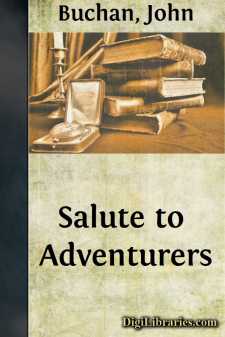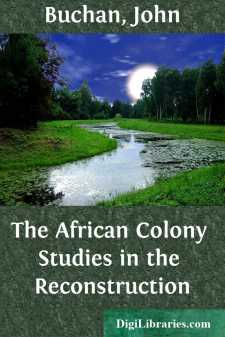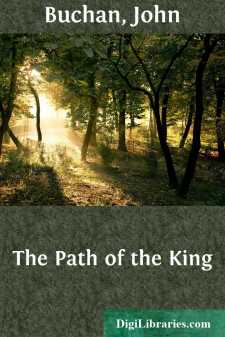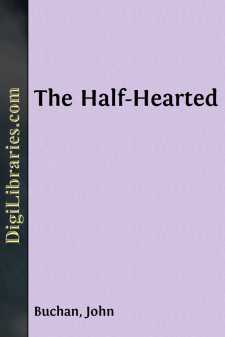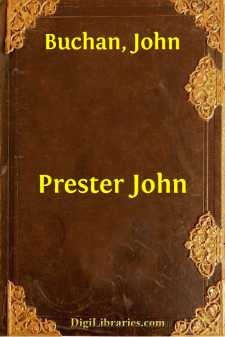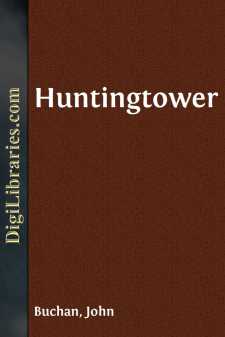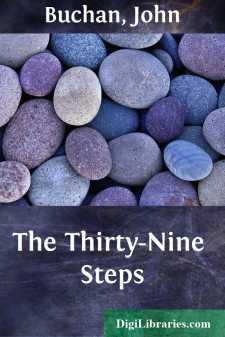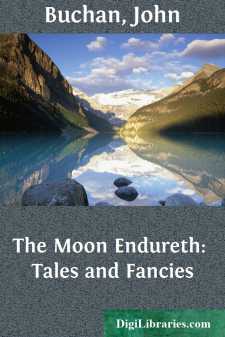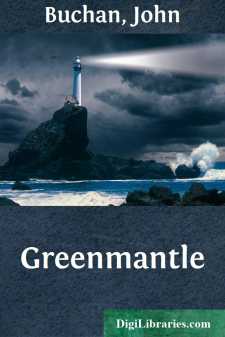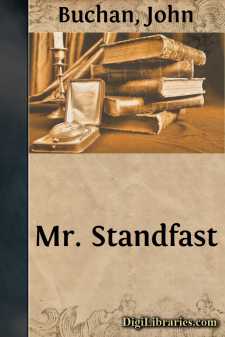Categories
- Antiques & Collectibles 13
- Architecture 36
- Art 48
- Bibles 22
- Biography & Autobiography 815
- Body, Mind & Spirit 144
- Business & Economics 28
- Children's Books 18
- Children's Fiction 14
- Computers 4
- Cooking 94
- Crafts & Hobbies 4
- Drama 346
- Education 58
- Family & Relationships 59
- Fiction 11833
- Games 19
- Gardening 17
- Health & Fitness 34
- History 1378
- House & Home 1
- Humor 147
- Juvenile Fiction 1873
- Juvenile Nonfiction 202
- Language Arts & Disciplines 89
- Law 16
- Literary Collections 686
- Literary Criticism 179
- Mathematics 13
- Medical 41
- Music 40
- Nature 179
- Non-Classifiable 1768
- Performing Arts 7
- Periodicals 1453
- Philosophy 65
- Photography 2
- Poetry 896
- Political Science 203
- Psychology 44
- Reference 154
- Religion 515
- Science 126
- Self-Help 85
- Social Science 82
- Sports & Recreation 34
- Study Aids 3
- Technology & Engineering 59
- Transportation 23
- Travel 463
- True Crime 29
Our website is made possible by displaying online advertisements to our visitors.
Please consider supporting us by disabling your ad blocker.
Salute to Adventurers
by: John Buchan
Description:
Excerpt
CHAPTER I.
THE SWEET-SINGERS.
When I was a child in short-coats a spaewife came to the town-end, and for a silver groat paid by my mother she riddled my fate. It came to little, being no more than that I should miss love and fortune in the sunlight and find them in the rain. The woman was a haggard, black-faced gipsy, and when my mother asked for more she turned on her heel and spoke gibberish; for which she was presently driven out of the place by Tarn Roberton, the baillie, and the village dogs. But the thing stuck in my memory, and together with the fact that I was a Thursday's bairn, and so, according to the old rhyme, "had far to go," convinced me long ere I had come to man's estate that wanderings and surprises would be my portion.
It is in the rain that this tale begins. I was just turned of eighteen, and in the back-end of a dripping September set out from our moorland house of Auchencairn to complete my course at Edinburgh College. The year was 1685, an ill year for our countryside; for the folk were at odds with the King's Government, about religion, and the land was full of covenants and repressions. Small wonder that I was backward with my colleging, and at an age when most lads are buckled to a calling was still attending the prelections of the Edinburgh masters. My father had blown hot and cold in politics, for he was fiery and unstable by nature, and swift to judge a cause by its latest professor. He had cast out with the Hamilton gentry, and, having broken the head of a dragoon in the change-house of Lesmahagow, had his little estate mulcted in fines. All of which, together with some natural curiosity and a family love of fighting, sent him to the ill-fated field of Bothwell Brig, from which he was lucky to escape with a bullet in the shoulder. Thereupon he had been put to the horn, and was now lying hid in a den in the mosses of Douglas Water. It was a sore business for my mother, who had the task of warding off prying eyes from our ragged household and keeping the fugitive in life. She was a Tweedside woman, as strong and staunch as an oak, and with a heart in her like Robert Bruce. And she was cheerful, too, in the worst days, and would go about the place with a bright eye and an old song on her lips. But the thing was beyond a woman's bearing; so I had perforce to forsake my colleging and take a hand with our family vexations. The life made me hard and watchful, trusting no man, and brusque and stiff towards the world. And yet all the while youth was working in me like yeast, so that a spring day or a west wind would make me forget my troubles and thirst to be about a kindlier business than skulking in a moorland dwelling.
My mother besought me to leave her. "What," she would say, "has young blood to do with this bickering of kirks and old wives' lamentations? You have to learn and see and do, Andrew. And it's time you were beginning." But I would not listen to her, till by the mercy of God we got my father safely forth of Scotland, and heard that he was dwelling snugly at Leyden in as great patience as his nature allowed....


